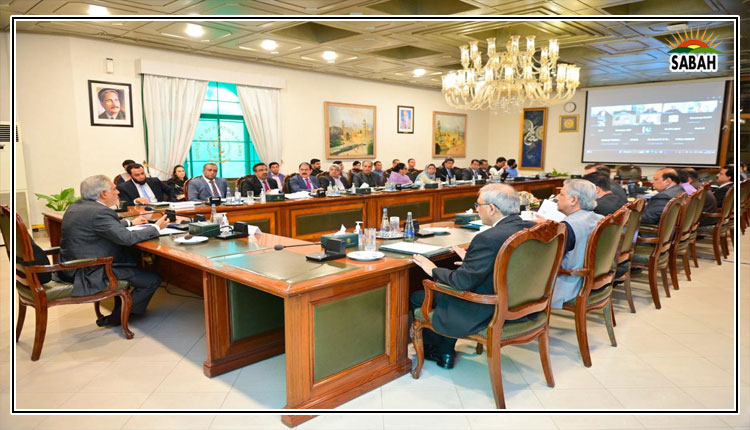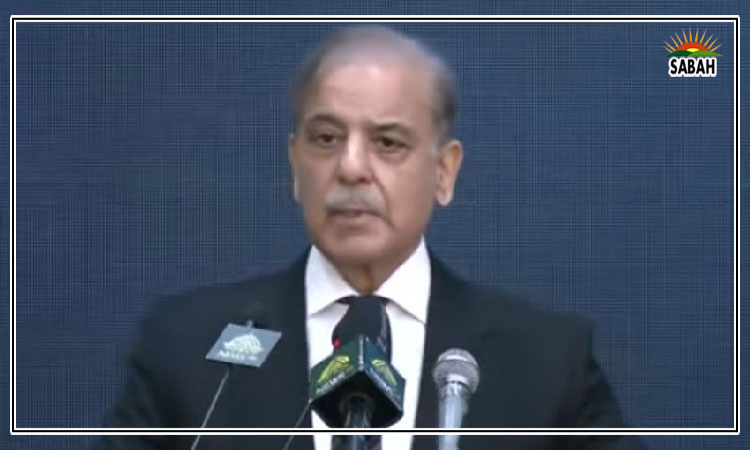Bolstering security for foreign nationals …. Mohsin Saleem Ullah
The attack on Chinese engineers in Bisham serves as a stark reminder of the challenges Pakistan faces in safeguarding foreign nationals. The investigation committee identified significant security shortcomings. Shockingly, the bus involved was neither bombproof nor bulletproof. Such oversights highlight a systemic failure to prioritise the safety of foreign workers engaged in vital projects within Pakistan.
It’s evident that our security infrastructure suffers from coordination deficits, lack of accountability and inconsistent adherence to established protocols. In March alone, there were three attacks, intending to sabotage development initiatives, spanning from Gwadar to Gilgit-Baltistan and jeopardise the broader Pakistan-China relationship. The rise in attacks undoubtedly disrupts security, but they don’t fundamentally alter the nature of the strategic partnership between China and Pakistan given that both countries remain committed to their enduring alliance.
A new wave of terrorist attacks in Pakistan has reignited discussions concerning the reasons for violence perpetrated by the Pakistani Taliban along with the Balochistan Liberation Army (BLA). Also, the Pakistani Taliban maintain strong connections with the East Turkestan Islamic Movement in China. In line with this alliance, the Pakistani Taliban have launched attacks on the Chinese in Pakistan. In a recent UN monitoring, concerns were raised regarding the increased collaboration between the ETIM and the Pakistani Taliban. This collaboration has intensified in recent months, encompassing areas such as recruitment, training, attack planning and presenting a regional threat.
Terrorism remains a shared concern, necessitating intensified cooperation between Pakistan and China. The Chinese leadership is cognizant of the broader regional security risks and has consistently stood by Pakistan during turbulent times. The relationship between Pakistan and China is rooted in strategic imperatives and is resilient to sporadic terrorist incidents. Their collaboration spans various arenas, from international diplomacy at the UN to regional forums like the Shanghai Cooperation Organisation, reflecting shared long-term objectives.
China while expanding its global initiatives is wary of potential challenges like terrorism and political instability. Therefore, it continues to maintain steadfast support for key partners like Pakistan as its close ally and shares the burden, particularly regarding terrorism emanating from Afghanistan. Amidst an unwelcoming regional environment and in the presence of a hostile neighbour — India –both nations must bolster security measures to safeguard mutual development projects.
The incumbent government must reassess how security is perceived and enforced. Safeguarding the well-being of foreign nationals is of utmost importance, not only for diplomatic ties but also for our economic prospects. The durability of our strong bonded relations can only withstand this much strain before the Chinese contemplate re-evaluating their investments in Pakistan. Their citizens have faced repeated attacks since the inception of the multibillion-dollar CPEC project in 2015, heralded as transformative for infrastructure, transportation and energy.
Pakistan’s policymakers must recognise that ensuring human security is integral to national interests. Recent actions, including strikes against terrorists in neighbouring countries, signal Pakistan’s proactive stance in combating threats but there’s still potential for further action. This entails bolstering intelligence-sharing and counterterrorism cooperation, ensuring rigorous adherence to security protocols and fostering a culture of accountability, promptly rectifying any shortcomings. Moreover, actively engaging with residents to address concerns regarding development projects, collaborating with them on community-focused initiatives and addressing the underlying causes of extremism are imperative. Only then can Pakistan aspire to protect its guests and, consequently, safeguard its national interests and international alliances. These steps will strengthen Pakistan’s image as a responsible state, aligned with the enduring Pakistan-China relationship.
Courtesy The Express Tribune, April 23rd, 2024.












